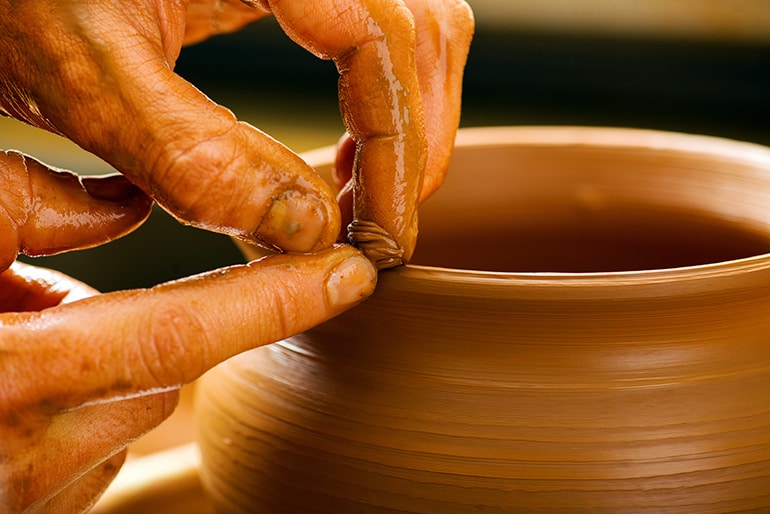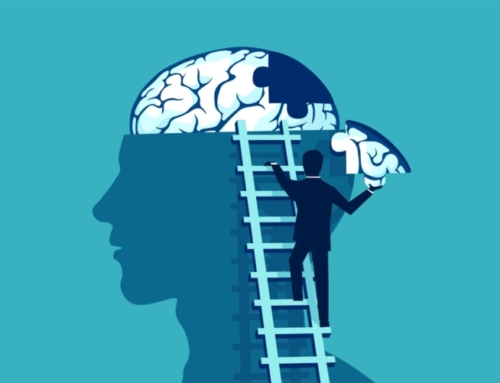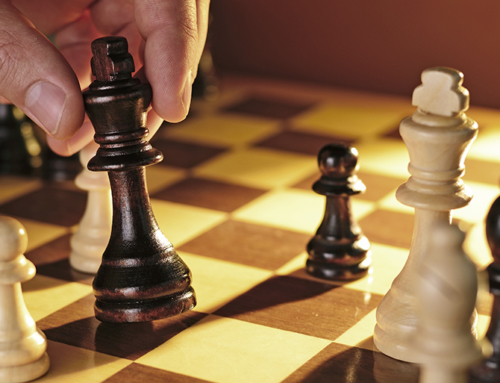Each day is like the next: no event, no experience, no change to look forward to.
One aspect of life that has emerged in this time of pandemic is a pervasive yet inchoate sense of something missing, a hunger that can’t be satisfied, an itch that can’t be scratched because it can’t be located nor categorized. Eating, drinking, sleeping, having sex, talking, walking, exercising – none of these seem to offer what we’re searching for, but heaven knows we try them anyway.
This loss of comfort, pleasure, and satisfaction can lead to a growing inner tension. The person experiencing this tense anhedonia has trouble finding solace, quietude, and rest. This inner restlessness can be experienced emotionally as irritability, lability, and precariousness that can manifest as sudden and strong sadness, anxiety, dread, anger, helplessness, and hopelessness. Behaviorally, it can manifest as crying jags, heated arguing, and physically moving about, such as taking unnecessary trips to the store.
Activities that in normal times provide release, rest, and rejuvenation, may not work now. Take sleep, for instance: now a person may look forward to sleep because it seems that it will offer a reset, that tomorrow will feel different upon awakening. But the next morning, when consciousness comes back online, the person may experience a sinking realization that the state of self and the world remains unaltered. No rest has occurred overnight. Sleep was nothing more than a nonconscious pause that could have lasted a moment or a lifetime, its duration irrelevant since the sleep did not change anything anyway.
So, the challenge now is how to find solace, rest, comfort, and satisfaction, and to recapture a sense of groundedness. I think there are activities that one can engage in that can help. I do not believe, however, that one grand activity will solve all aspects of this problem of anhedonia with its accompanying tension and sense of precariousness.
Nevertheless, here are some thoughts:
- Imbue your activities with greater significance: For example, perhaps you and your family are now cooking more at home. If so, make meals from scratch. Ensure everyone contributes. Take turns cooking, cleaning up, setting the table, and choosing the dishes served. Learn together. Study the techniques of cooking, such as which knife to use for which purpose or basics of sautéing. Celebrate. Use the fine china. Add candles. Choose music that will accompany the meal.
- See your activities as part of a large life endeavor: If you happen to have more time to read as a leisure activity, then great. But you can choose to give your reading more focus. For example, you may choose to read the 50 greatest novels ever written (however you choose to define that) or read every book by a philosopher you’ve admired but don’t know much about. Perhaps you decide to read all of Fredrich Nietzsche. Same goes for other activities. For example, perhaps you decide to start drawing again like you did in high school. There are awesome tutorials online for a free or nominal cost for almost any activity you can imagine.
- Strive for mastery: You can further elevate your goals by attempting to master a certain topic or skill, either one related to your work in psychiatry or to a side passion you have. For example, this may be a good time to learn – really learn – one of the psychotherapies, one you’ve been intrigued by or even incorporate into your treatment interventions, but one you know you haven’t mastered yet.
My point is that to overcome anhedonia, tension, precariousness, keeping busy is not enough. It will help immeasurably to imbue your activities with meaning and purpose, as a concrete expression of your deeply held values, and as an opportunity to exert effort – risking setbacks and failures – to strive to reach your life goals.
This approach of directed and significant action is a direct rebuke and defense against the creeping sense of meaninglessness that can follow the loss of hedonic tone. For example, when food tastes like ashes in the mouth, then eating seems unmoored from a sense of wholeness, well-being, and other frames of meaning.
So, I recommend reminding yourself daily to treat everyday activities as rituals and daily praxes that express your deeply held values and goals, that re-enchant your world with meaning, purpose, and goodness, and that actually move you towards greater understanding and mastery.
Until next time,
Dr. Jack
LanguageBrief
“Sometimes you need to sit lonely on the floor in a quiet room in order to hear your own voice and not let it drown in the noise of others.” ― Charlotte Eriksson
“Order and simplification are the first steps towards mastery of a subject” ― Thomas Mann
“When tea becomes ritual, it takes its place at the heart of our ability to see greatness in small things. Where is beauty to be found? In great things that, like everything else, are doomed to die, or in small things that aspire to nothing, yet know how to set a jewel of infinity in a single moment?” ― Muriel Barbery
“The human soul can always use a new tradition. Sometimes we require them.” ― Pat Conroy
“The head alone is a tyrant. The heart alone is chaotic. The marriage of the two is mastery.” ― Mary Guide







Leave A Comment